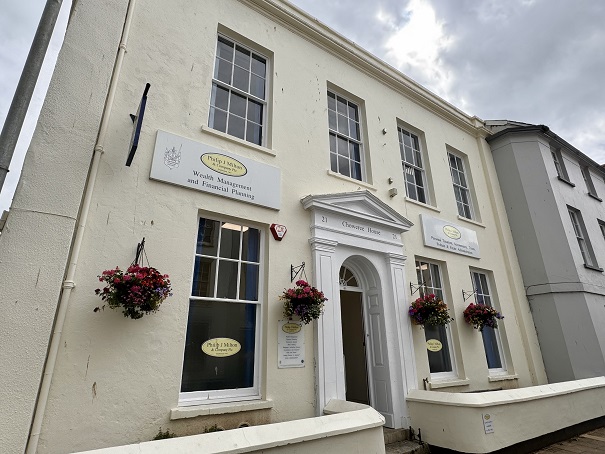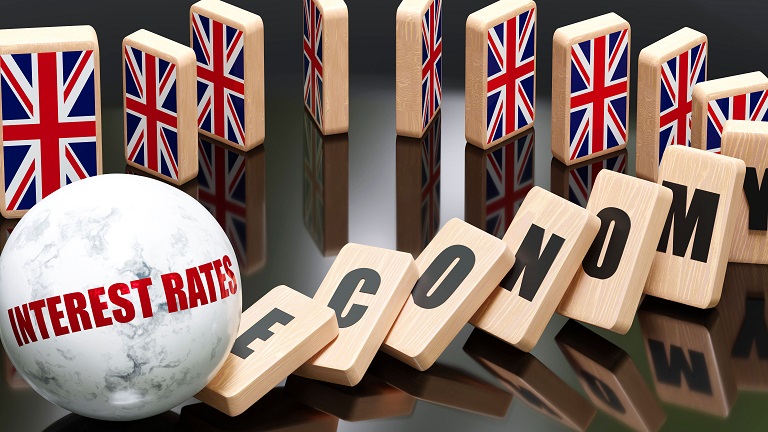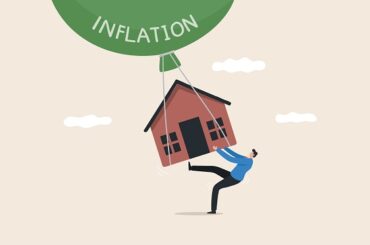So the FCA is issuing a hefty fine of £46million on Mr Neil Woodford and his Company. He is being banned from senior management roles and managing funds for private individuals – ouch. He is appealing (or perhaps to the FCA (which is also investigating his latest unregulated investment tipping activities) is that he is unappealing… the joys of the English language!).
Mr Woodford objects vehemently to the accusations… and whilst he might be protesteth-ing too much, he does have a few valid points it seems…!
There is another question which has to be asked after this – and that manifests itself in other myriad ways too. It is this. Even after action is taken, what about the management of the fall-out from ‘that’ point forward? Could it lead to accusations of inadequate controls and regulatory involvement when things were known to have gone wrong already (and to be going wrong) and then afterwards, in this instance (and no excuse for Mr Woodford) but were the decisions of the subsequent administrators even worse for investors than what had gone on before? (Yes, in our view).
Would it have been better if those working with knowledge of the assets had continued in their jobs, whilst under supervision rather than 100% removed? However, I could say where he went wrong (but then others should have realised that long before that began to happen…) and how can this country bumpkin in North Devon have appeared to have known how easy it was to see at the time? Scandals like the Hartley Pension debacle (as the evidence is unfolding) have been made far worse by a blunt-handed approach it seems and then objectives of the administrators (and their colossal bills) appear to side-line the interests of the underlying investors who certainly are not treated as individuals who are often in desperate need of some of their funds.
Interest rate wise
So the Bank of England cuts interest rates by 0.25% as ‘expected’. Whether that was because the sentiments and economic information justified that or not is a moot point but I fear we are siding with the view that ‘actually things are worse than they ought to be so we can cut rates’, rather than any economic miracle increasing consumer confidence and seeing inflation rise even more than the Chancellor’s intervening over the last year had created.
I see red when the PM or the Chancellor state publicly that they have stabilised the economy… where is the humility? What with ostensibly the left-leaning NIESR saying the Country will have a £40-50billion black hole (or more) needing plugging with tax increases in the autumn, pundits are not sure what to think. However, the Prime Minister says he does not recognise the factors behind the Institute’s projections so we must be alright then… hmmm. He also said that he doesn’t mind as long as people ‘felt’ things were better. Felt? Doesn’t he mean ‘actually experience’? The Pound remains remarkably steady but that’s partly as expectations of an early further cut – in the face of stubbornly high inflation – may be pushed further down the track.
Today, we hear unemployment is rising again, job vacancies are falling and the numbers of economically inactive adults (especially the over 50s) are also rising significantly too – it’s not good – for the Country, those not in any form of work, those condemned to not being able to work because of the Benefit system as much as anything and the businesses and organisations which have to pay the higher taxes to employ people and hope to cover their costs in doing so (it’s called making a penny of profit as opposed to making a loss).
Soon too the new employment legislation will hit and that will discourage people further from employing. There must be a change in mind set. However, meantime I am pleased to say that investment opportunities, despite all of this, remain compelling in the UK particularly, at least but that includes giant multinationals which make most of their earnings overseas.
Fortieth celebration

As we approach the actual date of our anniversary, we are reflecting upon the timing of the Firm’s creation which was just 18 months after the FTSE100 was established, supplementing the Financial Times 30 (FT 30). The index started at 1,000 on January 3, 1984. It has just broached 9,000! Don’t forget this excludes the excellent levels of income received from the component shares – even now above 3.4% and if this had been reinvested back into the index, the outcome is colossally more.
‘Risk’ is an important comparator to our financial planning too and so often the ‘warnings’ dissuade people (especially the unadvised) from doing sensible things. Just imagine if that £1,000 was on a deposit account… it would still be £1,000 and the interest would be comparable or even far less than the dividends for the FTSE100 over that time (and ‘nothing’ after the Covid years!) General normal interest rates now are less than the FTSE100 yield… ouch.
For those who say they cannot ‘afford’ any risk at all, how on earth can they afford the risk that this is what will happen to their capital for them and their families over time! After inflation (CPI), your £1,000’s buying power would be a mere £326.40 too – can you really afford the risk of having so much in cash or Premium Bonds?
Afternoon Tea at Choweree

Don’t forget that two of our ladies are hosting an Afternoon Tea at Choweree House, Boutport Street, Barnstaple on Friday (August 15) at 2pm onwards, for Breast Cancer Now.
Both have been affected by breast cancer in their families and indeed, so have many many families across the country, so a very worthy cause.
Our staff have been busy baking and there will be a range of tasty cakes on offer from scones to lemon drizzle, so please do come and support them!
(This event has now taken place).
Good news/bad news

Frustrating to see recent addition Videndum drop 44% as US tariffs cause more harm to it than the market expected. It is frustrating after such a good run generally but inevitably not everything we touch will turn to gold.
Indeed, we sold the last of our inherited Anglogold Ashanti at a fantastic profit too and yes, they reached new highs subsequently – how much further can they go with a stagnant gold price and indeed riding for a fall now! Same day, Tullow drifts 19% on poor output figures – what are they doing at that firm? However, pleasingly good trading results from a few other core holdings will offset those hits…
Interesting facts

It is interesting that as opportunities have increased, safety improved and regulation and compensation have risen that the numbers of private individuals investing in shares has plummeted over the years – and as more people have more capital too and more of us need to make sure it is properly invested (and not ‘saved’ – a key difference!). Take competent independent advice, please!
We try all we can to ‘educate’ people and have done throughout our history, at our cost, so they can make decisions with confidence and to understand more about the risks and the rewards but it is an uphill struggle sometimes, especially when the regulatory machine seems to emphasise all the downsides rather than the significantly greater upsides.
Why can’t the strapline be:- ‘Warning, the value of your investments can go up as well as down’… why can’t deposit taking institutions have an obligation to write to their customers annually warning them of what they have lost that year or are going to lose as inflation eats their capital and that they are using their customers’ deposits to lend-on and making a big turn (as a ‘management fee’ to them)? What about the ‘opportunity cost’ of that money being invested somewhere else? Why can’t alternative investment assets like residential property also have risk warnings about what can go wrong – tenants, maintenance, structural repairs, regulations, voids, taxes, drops in values?
So here we go. We are told that only 11% of individuals in the UK owns a share. This was over 53% in 1963. JP Morgan’s recent survey found that only 9% of households thought shares were the best form of long-term investment, compared to 10% thinking cash was and 20% residential property. Yes, of course these same people may well have pension funds etc which generate the sort of returns they need and typically from shares…
The stockmarket is meant to be a place where new companies can come to raise money – selling shares to new investors but there has been a dearth – and partly stymied by ‘regulation’ and the ‘need’ for significant protection. However, there can be far too much protection and having ‘that’ as a consequence of being lax previously when acting (or not acting) against past bad players as soon as they should have been attacked, is not the solution as it discourages enterprise and risk-taking.
Yes, I think that the amounts people can hold in Cash ISAs should be restricted – for the investors’ own best sakes. If that encourages more people to invest ‘sensibly’, that is excellent news! We are here to help them – and with some basic education and hopefully in plain English too!!
Anyway, let’s look at something else and yes, we like the UK market as it is great comparative value and far lower risk. In part that is because institutions have been dumping our stocks and chasing the US especially. However, that can’t go any further really. In 2000, ‘they’ held 53% of their total assets in UK stocks. That is now 3%. It seems to be changing back for some… just imagine even what a 6% weighting would do to the mainstream market.
Maxims – being a better investor – from the ‘Basil of Barnstaple’, No. 3

3. When it comes to investing, there is a desire for people to want to believe the unbelievable, as opposed to believing the believable.
My best wishes
Philip J Milton DipFS CFPCM Chartered MCSI FPFS FCIB
Chartered Wealth Manager
Fellow Of The Personal Finance Society, Fellow Of The Chartered Institute Of Bankers





